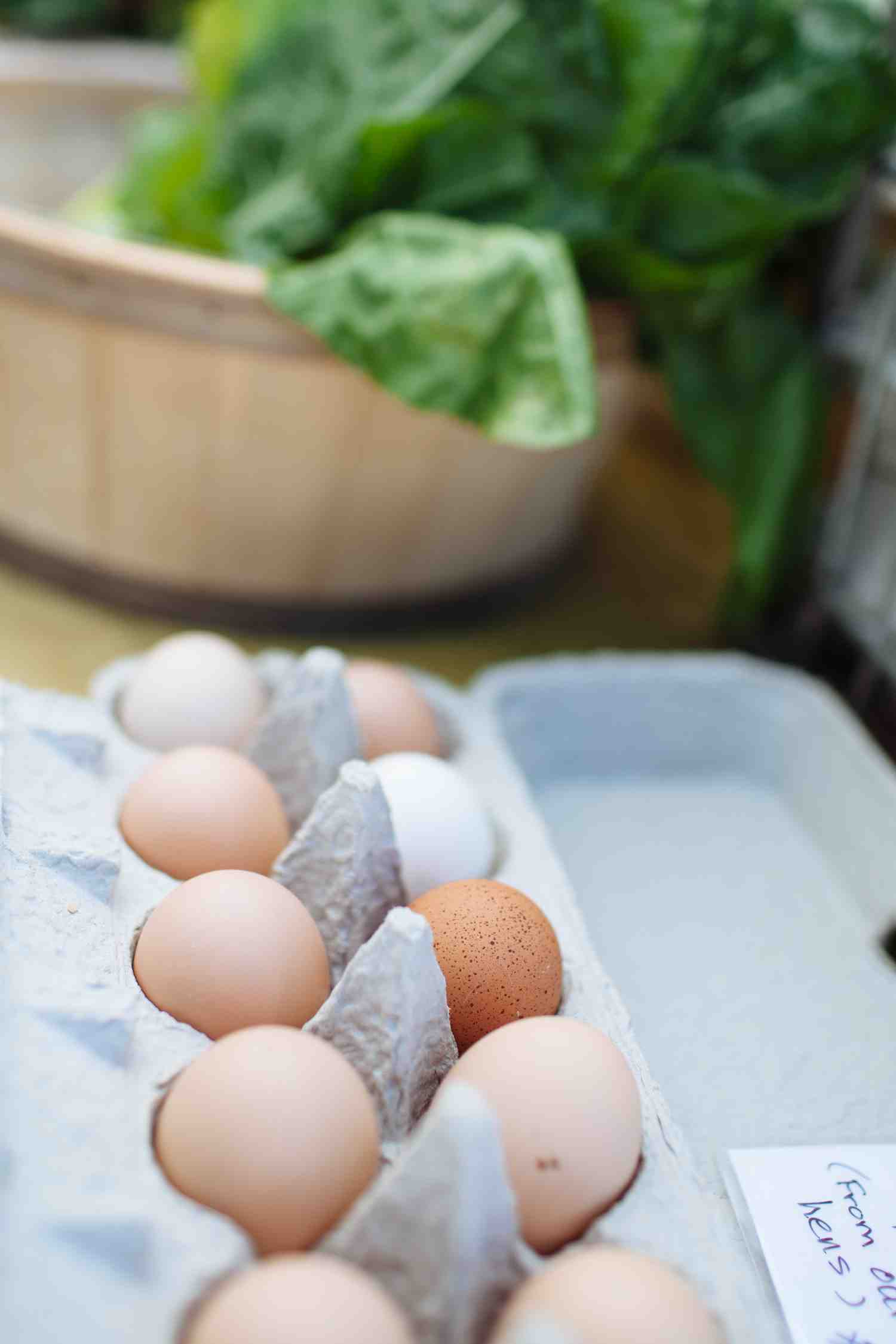Canvas Ranch suspends its CSA as the concept devolves.
Deborah Walton doesn’t mind admitting that she’s probably cutting off her nose to spite her face, because she is exactly that angry.
On May 1, Walton announced to the 130 or so CSA subscribers to the Canvas Ranch farm she runs with husband Tim Schaible that she was suspending the service. It’s not that she has too much competition. It’s just that it’s the wrong kind.
Community Supported Agriculture is a Slow Money concept in which area residents commit to buying food from a local farm. Based on a subscription model in which customers agree to purchase a certain amount of food from a farm on a weekly, biweekly, or monthly basis, it allows small farmers literal seed money with which they can plan their year’s production and purchase the materials they need to make their fields flush.
“Customers pay up front so that you can grow during the season,” Walton says by phone from her farm near Two Rock. “It was intended to help the farmer subsidize the growing of vegetables. I always say, ‘I’m your personal farmer.’ You pay up front and I will grow for you all season. I will give you recipes and I will educate you. We walk people through the seasonality of eating, because only if you’re growing it yourself do you understand. That was the best part of the CSA, educating people.”
But the Canvas Ranch CSA is no more. What Walton is upset about is what she sees as the bastardization of a system that began in service of the small and the local has been increasingly co-opted by corporations that source their food from, well, who knows where.
Citing a large operation based near Sacramento that she hesitated to name for attribution, Walton alleges that, in order to serve its enormous base of home, office, and restaurant customers, this CSA “sources from the San Francisco produce market in the early morning hours. They buy boxes and boxes just like Safeway.com and ship it up all the way [home] and then ship it all the way back down to their customers.
It’s ridiculous. It’s not a sustainable model, and they’re capitalizing on something that was so good for so many people.”
Walton’s “aha” moment came when she was dropping off food this spring for a Marin County hospital that had subscribed to the Canvas Ranch CSA since the service began 12 years ago. Hospital employees had asked for more fruit in their deliveries and Canvas Ranch can only provide so much, so the hospital had contracted with a different CSA to provide that staple. Walton glimpsed the fruit boxes there and, being the curious sort, peeked in. She saw bananas.
“I went to the woman who was in charge,” Walton remembers. “I asked her if she knew that there were bananas in that CSA box. She said, ‘Yes. We like bananas.’ And I said, ‘Did you know that they don’t grow anywhere near here?’” No, the woman replied, she didn’t know that.
That sent the indefatigable Walton on an Internet hunt, looking up other CSAs offering North Bay delivery. She found one that particularly intrigued her, named after a woman with the appealing word “Organics” appended. There was an address. Walton Googled it and, incredulous, drove to the address.
It’s ridiculous. It’s not a sustainable model, and they’re capitalizing on something that was so good for so many people. Deborah Walton
Supported by the California Alliance for Family Farmers, AB 224 passed in the California State Assembly last September. It allows CSAs to source from many different farms as long as they clearly state what comes from where.
But, like Walton, not everyone is happy about AB 224. Speaking last fall to the California Farm Bureau Federation, Oxnard farmer Phil McGrath said, “Now we have giant companies calling themselves CSAs that are essentially dot-com delivery programs . . . I would have preferred legislation that limits CSAs to providing produce from no more than five farms. That would have been fair.”
Walton says, “What I really bristle at is the idea that people are passing themselves off as a CSA program and letting people believe that there’s somebody there growing the stuff and that they’re supporting the farmer.
“About six months ago, there were 35 CSAs in Sonoma County. I know that I can count on one hand and a few fingers the ones that are growing their own vegetables. It’s gotten out of control. I’ve asked very smart people if they know the difference. They don’t.”
Walton has since taken a full-time job off the farm to make up for the revenue Canvas Ranch lost by suspending its CSA.
“I don’t want to be slogging it out against people who have 1,200 CSA members because they can buy it cheaper than I can grow it,” she says.
“In my heart of hearts, I want people to know what’s going on,” she says, “and I want them to support local farms.”

